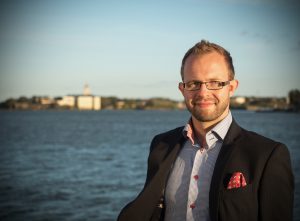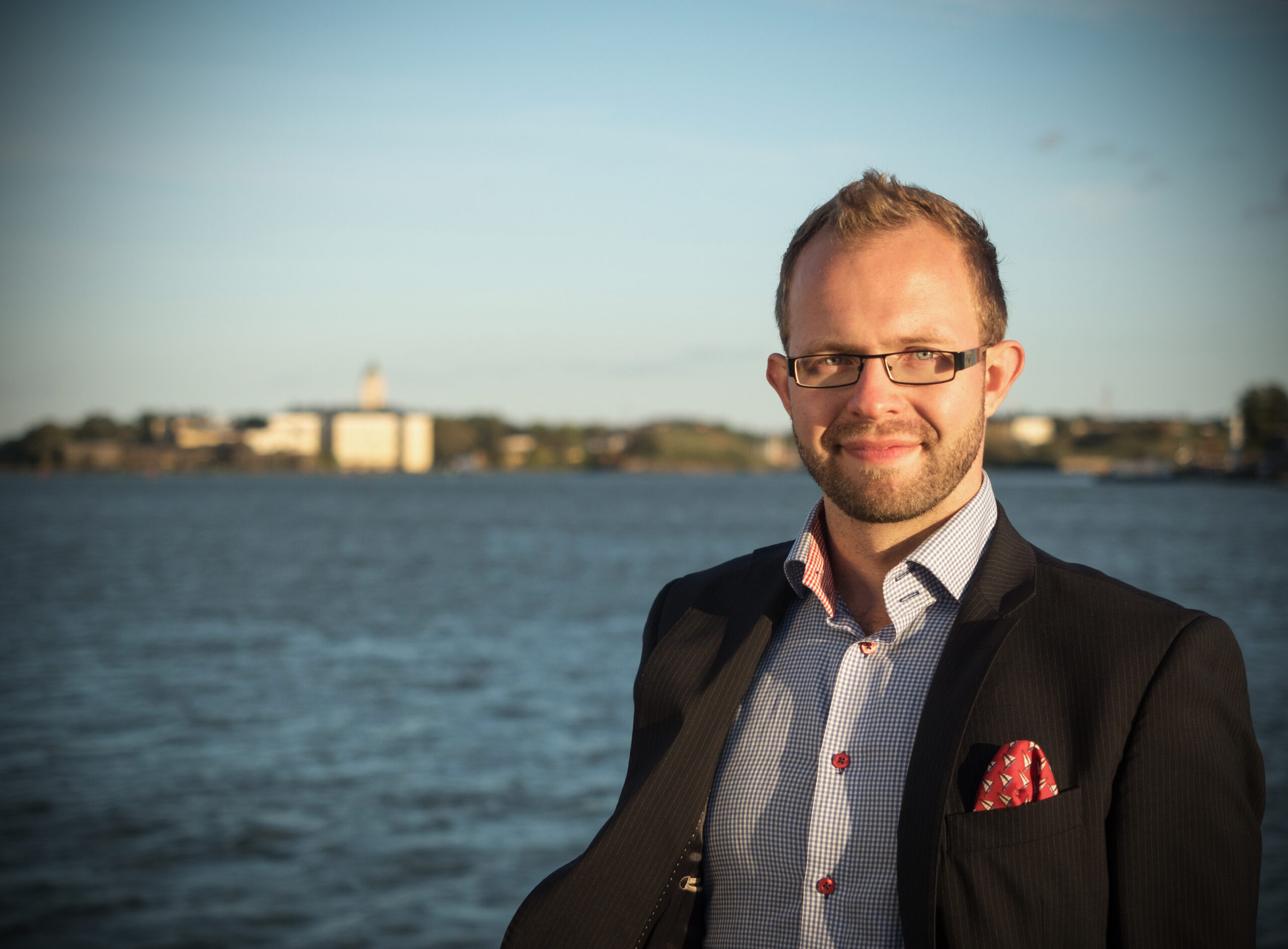
I have always been an optimist and a can-do -type organizer, wanting to create good vibes in wherever I go and to help people be better in what they do. I went to business school for undergrad, which was a natural choice since I had always been very interested in the economy – the story goes that I had even told my teacher early in the primary school that my dream job was the Minister of Finance. During my studies, I got very involved in the student movement, eventually getting elected as president of the National Union of Students and then appointed as the Secretary General of the same organization. I came to the Kennedy School for personal growth: to challenge myself by moving abroad; to get more depth in understanding political systems; and to develop myself as a leader.
We understand that you have declared a candidacy for a position in your home county. Could you tell us more about the position?
That’s right – the National Coalition Party in my district nominated me to run for a seat in the Finnish Parliament. It is a unicameral legislative body and, thus, this is the highest-level legislature in the country. As we have a parliamentary system, realistically the highest power is used by the parties that form the government and the cabinet ministers nominated by those parties.
The election itself is a bit different from the American one: my district has 22 seats, and all parties seek to nominate 22 candidates. According to the current polls, my party is likely to get at least 7 seats, so in order to get elected, I need to get enough votes to finish within the seven best candidates within my party. With a good campaign and successful fundraising, this is definitely plausible.
How do you think the Kennedy School has prepared you for thinking about and running for public office?
Being in the Kennedy School has given me tons of valuable insight into how the world actually works and what Finland should do as the world continues to change so rapidly. I think I have now much better understanding of the toolkit that I would have as a politician to address Finland’s current challenges – and importantly, I also have a better understanding of the tools and knowledge that I do not have.
While the Kennedy School can sometimes be very US-centric, it is has been a very valuable lesson to learn how the future decision-makers of other countries, especially the U.S., see the world.
What is the timeline for your run? What are your next steps?
The election date is April 19 next year. Of course, we have already started heavy planning, fundraising, and we are ramping up my online presence almost as we speak. As the election approaches, we are going to be doing more and more campaigning on the streets of Helsinki as well. Of course, to be able to finish HKS by May, this means both a lot of traveling but also that I am frontloading my courses and my PAE as much as I can, so that I can spend as much time on the ground in Finland as possible.
Luckily, while campaigning will be a huge amount of work, the election season is not as heavy as it is in the US, because we do not generally do e.g. door-knocking or tele-campaigning. By far, the heaviest campaigning happens in the weeks just before the election.
Many HKS students have considered running for office, what would be your advice to students considering public office?
My advice is to do what your heart tells you to, but also to think strategically about the right time and place. Running for an office when you have no chance might be suitable for some, but for others it would make much more sense to keep your cards close to your chest until you actually have the circumstances in your life and in your District to stand a decent chance.
I wanted to run now, firstly because – and this is most important reason – I believe that in this time and place, I really can make a difference. But the second reason, that I do have a very good chance in getting elected, is also a factor.
What do hope to achieve if elected? Put in HKS speak, what is your theory of change?
Finland needs new thoughts and new people to change the country towards a more flexible and innovative new gear. We tend to be very statist, which has been very good when we were building the Nordic welfare system after WW2. But as the economy has gotten worse, and we already have a huge public sector, we need to start thinking more strategically about what the government can do and what it cannot do. The question we ask at HKS, “is there a need for a government intervention”, is now much more apt for us Finns than the often heard “what should the government do about this”. Despite the huge temptation for the government getting more involved in the economy, our first priorities should now be to get a more balanced budget for the public sector, do structural reforms to make our economy more flexible, and shore up the private sector by its own decisions and means.
